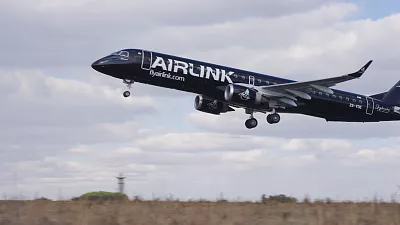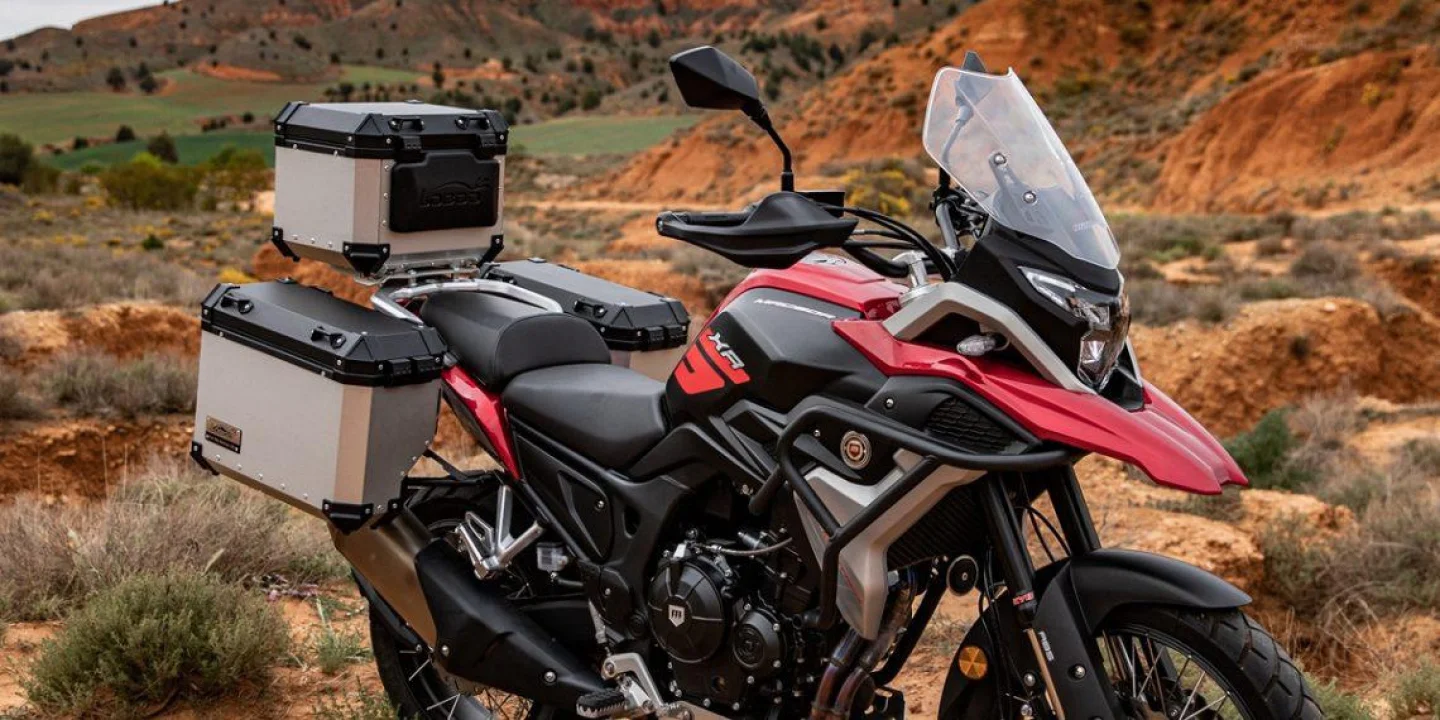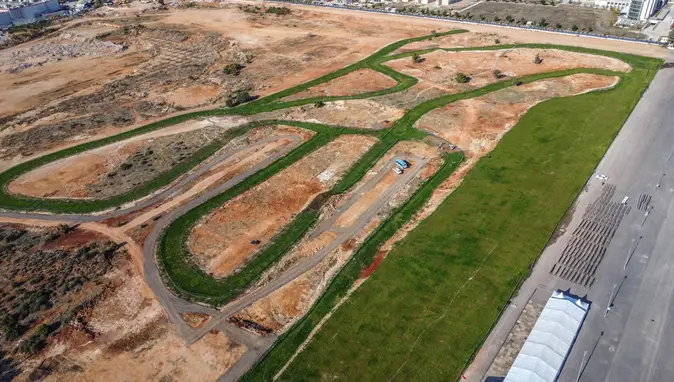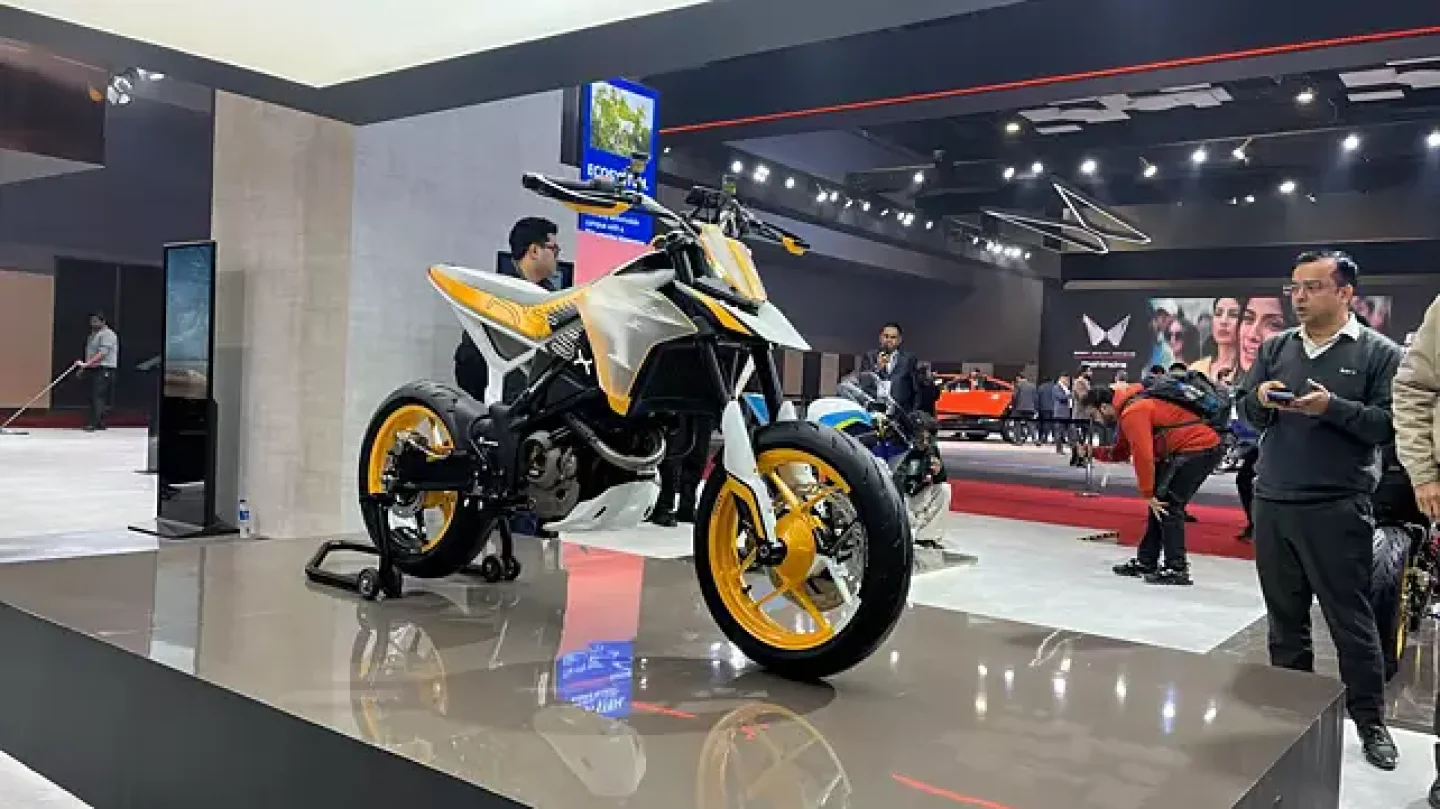The aviation industry is on the brink of a transformative era, with innovations that promise to reshape the way we think about air travel. As environmental concerns grow and technological advancements accelerate, new concepts are emerging that could redefine our relationship with the sky. From electric aircraft to autonomous flying vehicles, the future of aviation is not only about reaching new heights but also about enhancing sustainability and efficiency.
One of the most significant developments in recent years is the rise of electric and hybrid aircraft. Companies like Boeing, Airbus, and emerging startups are investing heavily in electric propulsion systems designed to reduce carbon emissions. These aircraft have the potential to lower operational costs significantly while providing a greener alternative to traditional jet fuel. With prototypes like the Alice, an all-electric commuter aircraft developed by Israeli company Eviation, making headlines, the dream of electric flight is rapidly becoming a reality.
In addition to electric aircraft, the concept of urban air mobility (UAM) is gaining traction. With urban populations on the rise, cities are becoming increasingly congested. In response, companies like Joby Aviation and Volocopter are working on developing flying taxis that can transport passengers across urban landscapes. These autonomous aerial vehicles are designed to operate vertically, reducing the need for extensive infrastructure and allowing for faster commutes. Regulatory hurdles remain, but as testing progresses, urban air mobility could soon become a viable solution for traffic-stricken cities.
Moreover, advancements in drone technology are revolutionizing various sectors, from logistics to agriculture. Companies like Amazon and UPS are exploring the use of drones for package delivery, promising faster and more efficient service. In agriculture, drones are being utilized for crop monitoring, irrigation management, and pesticide application, enhancing productivity and reducing resource waste. These innovations not only optimize operations but also contribute to sustainability efforts by minimizing the environmental impact of traditional methods.
The integration of artificial intelligence (AI) in aviation is also paving the way for smarter and safer flights. AI systems can analyze vast amounts of data in real-time, assisting pilots with decision-making and enhancing flight safety. Additionally, predictive maintenance powered by AI can help airlines reduce downtime and improve operational efficiency, further optimizing the flying experience.
However, as these innovations take flight, challenges remain. Regulatory frameworks must adapt to accommodate new technologies while ensuring safety and security. Additionally, public acceptance of flying taxis and electric aircraft will be crucial for widespread adoption.
In conclusion, the aviation industry stands at a pivotal moment, fueled by innovations that promise to reshape our skies. From electric and hybrid aircraft to urban air mobility and drone technology, the future of aviation is bright. As these advancements take shape, they offer the potential to create a more sustainable, efficient, and accessible air travel experience for generations to come. The sky is no longer the limit; it’s just the beginning of a new journey.




